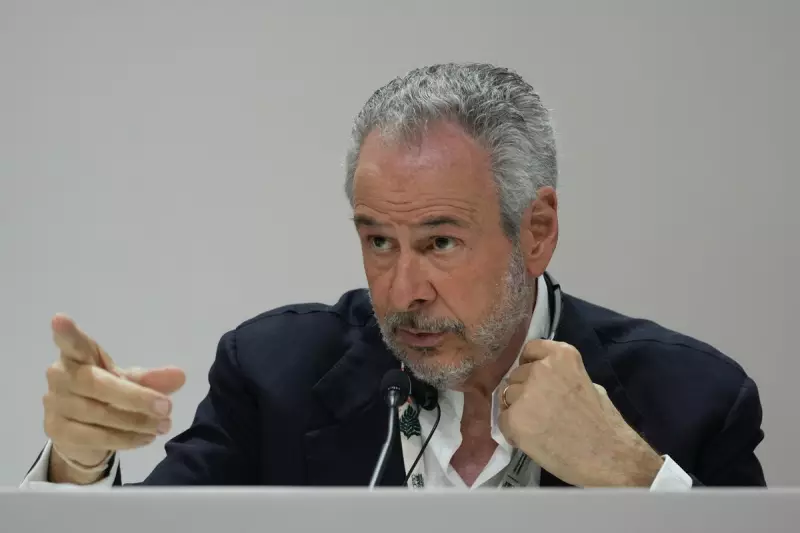
Host nation Brazil has dramatically escalated pressure on world leaders to deliver concrete solutions to global warming during the critical final week of the UN climate conference in the Amazon rainforest.
Urgent Call to Action
In a direct letter circulated to delegations late Monday, Brazilian organisers set an ambitious Tuesday night deadline for resolving key aspects of a potential climate agreement. This aggressive timeline aims to clear major obstacles before Friday's scheduled conclusion of COP30, though such summits frequently extend beyond their official end date.
The conference marks a historic first—being held in the Amazon rainforest, a vital global climate regulator whose trees absorb planet-warming carbon dioxide. André Corrêa do Lago, COP30 president, emphasised the need for compromise, stating: "There are important concessions we expect from all sides. It is said you have to give to receive."
High-Stakes Ministerial Speeches
Tuesday's agenda features addresses from numerous high-level ministers, including Ed Miliband, Energy Secretary of the United Kingdom, and Deputy Prime Minister Sophie Hermans of the Netherlands. Representatives from vulnerable nations facing existential threats from rising seas—including Barbados and Bangladesh—will also voice their concerns.
Alden Meyer, senior associate at climate think tank E3G, described Brazil's Wednesday timeline as "pretty ambitious" while noting the high stakes. "Whether it's dealing with the impacts of climate change, dealing with increased energy bills and energy insecurity, improving health, creating jobs. Those are the things that people care about," Meyer observed.
Building Momentum for Change
Brazil's tactful leadership throughout the summit has generated growing optimism for meaningful action against global warming. Potential outcomes being negotiated include a roadmap to transition away from fossil fuels like oil and coal, alongside increased financial support for developing nations to expand clean energy infrastructure such as wind and solar power.
Meyer noted that Brazil's optimistic approach "is starting to get a little infectious," helping to build crucial trust and goodwill among negotiating parties. This sentiment was echoed by former German climate envoy Jennifer Morgan, who remarked Monday: "I sense ambition here. I sense a determination."
For negotiators, Brazil's urgent timetable means working through the night to strike political bargains across numerous contentious issues. Meyer emphasised that Brazil's presidency has made clear that delivering tangible results for citizens worldwide represents "the litmus test" for COP30's success.





